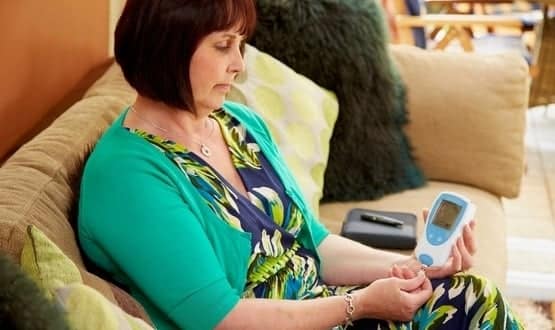Tech companies join forces to integrate health and social care
- 21 July 2017

UK technology companies Tunstall Healthcare and InHealthcare have joined forces to roll out a series of services that aim to integrate health and social care.
The duo have agreed to combine their skills and expertise to help tackle challenges in care services. It was announced at the recent Digital Health and Care Congress 2017, an event hosted by King’s Fund think tank in London.
Tunstall Healthcare offers a range of connected healthcare solutions designed to help older people and those with long-term needs to live more independently.
InHealthcare’s digital health technology provides the means of digitising care in a secure, simple and cost effective way.
“The integration of Tunstall’s care monitoring with InHealthcare’s digital health platform aims to allow all care providers to improve their ‘upstream intervention’”, Richard Quine, InHealthcare’s product director said.
He said it is to ensure more frail patients are cared for quickly at the point of need and avoiding preventable A&E visits and emergency admissions.
“One area we are targeting is the use of connected care data to spot changes in a patient’s behaviour which could be a sign of deteriorating health – more visits to the toilet at night, for example, could indicate a urinary tract infection, or reduced use of the fridge which could indicate dehydration or under-nutrition.”
Quine said that connected care data currently sits within the social care domain, but is also a valuable insight for NHS care co-ordinators to highlight patients who may be at risk of emergency admission (if not addressed in time).
David McKinney, managing director of Tunstall (UK and Ireland), said: “The collaboration brings together best-in-class industry skills and expertise in health and social care technologies, that will offer solutions at scale for the well-documented challenges facing health and social care.”
According to Quine, joining forces will allow for the rapid creation of innovative new services to meet local population needs.
“It will enable the integration of new services and apps with existing clinical and care systems, such as GP and hospital records, so patient data is always available.”
[themify_box icon=”info” color=”gray”]
Key benefits of digital integration of health and care services include:
- Identification of vulnerable patients most likely to be admitted to hospital, with tailored digital care plans being created to meet their wishes and needs
- Close involvement of family members so they are fully involved in all decision making about their loved ones
- Roll-out of 24/7 clinical care co-ordination centres for care workers and NHS community staff can contact for specialist support and accurate patient information instead of dialling 111 or 999
- Earlier discharge from hospital with remote monitoring by care teams to allow rapid intervention in the event of a deterioration
[/themify_box]





